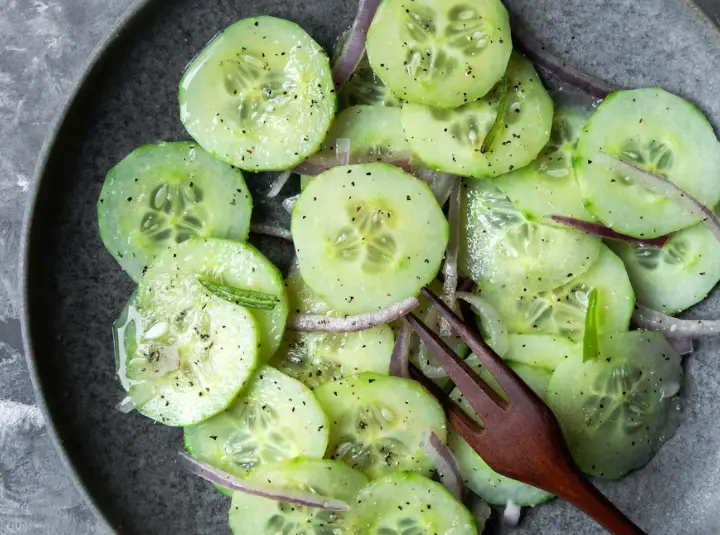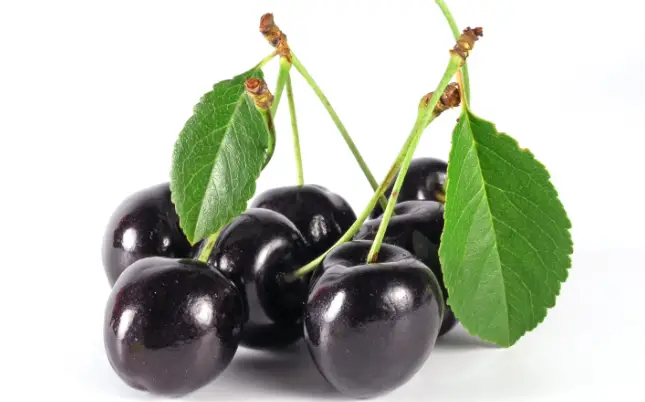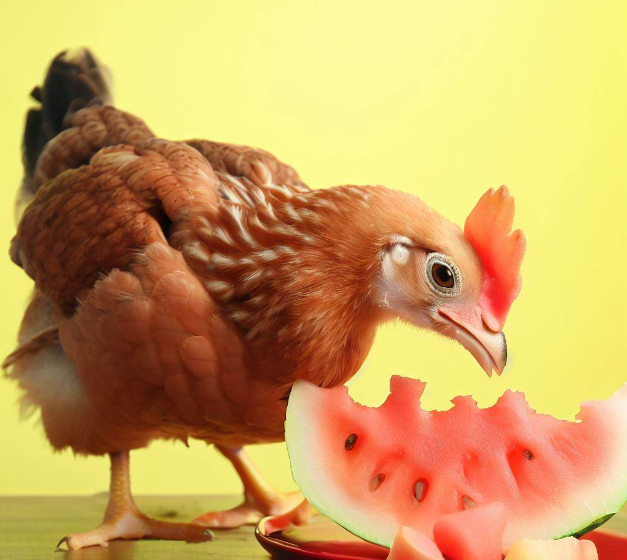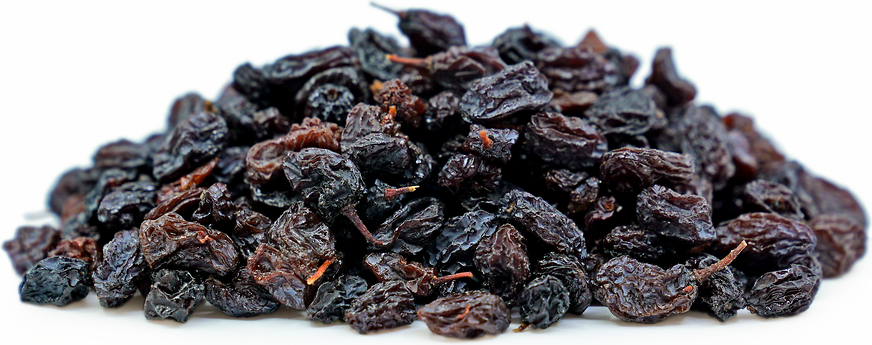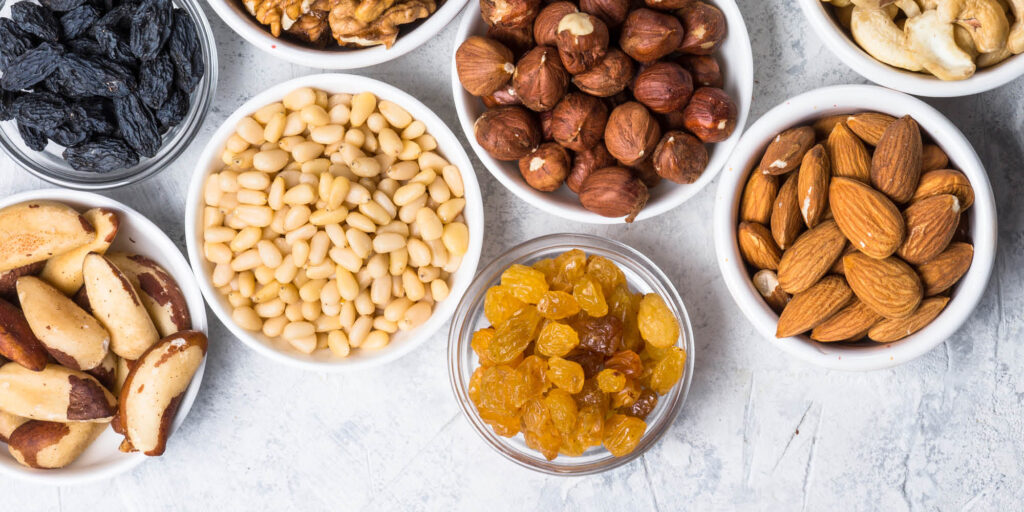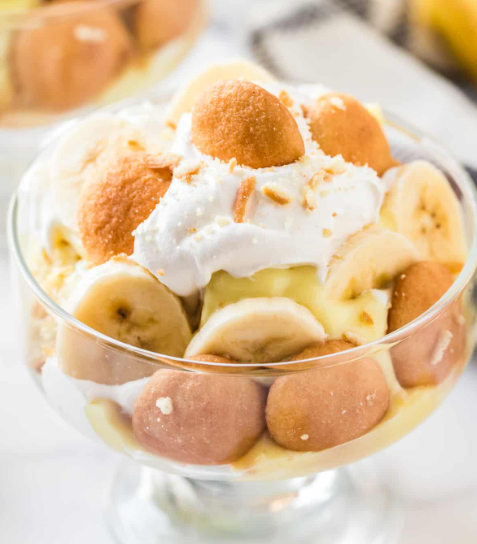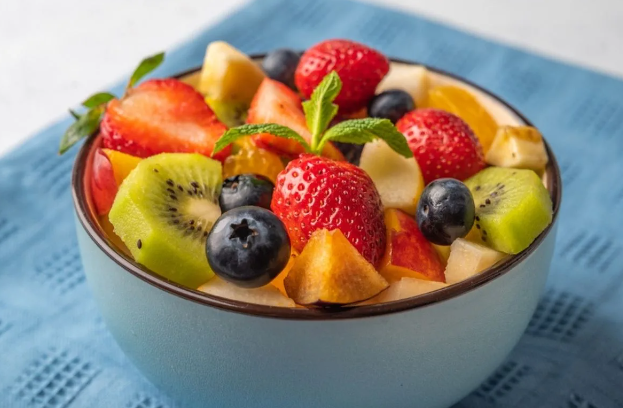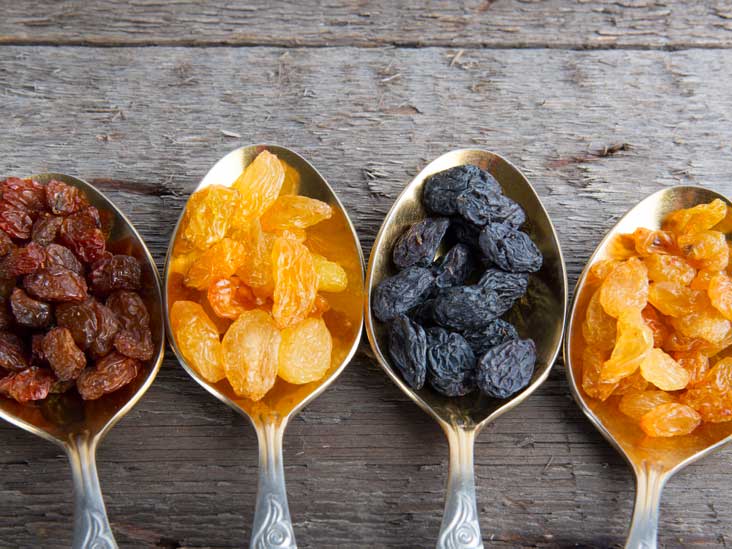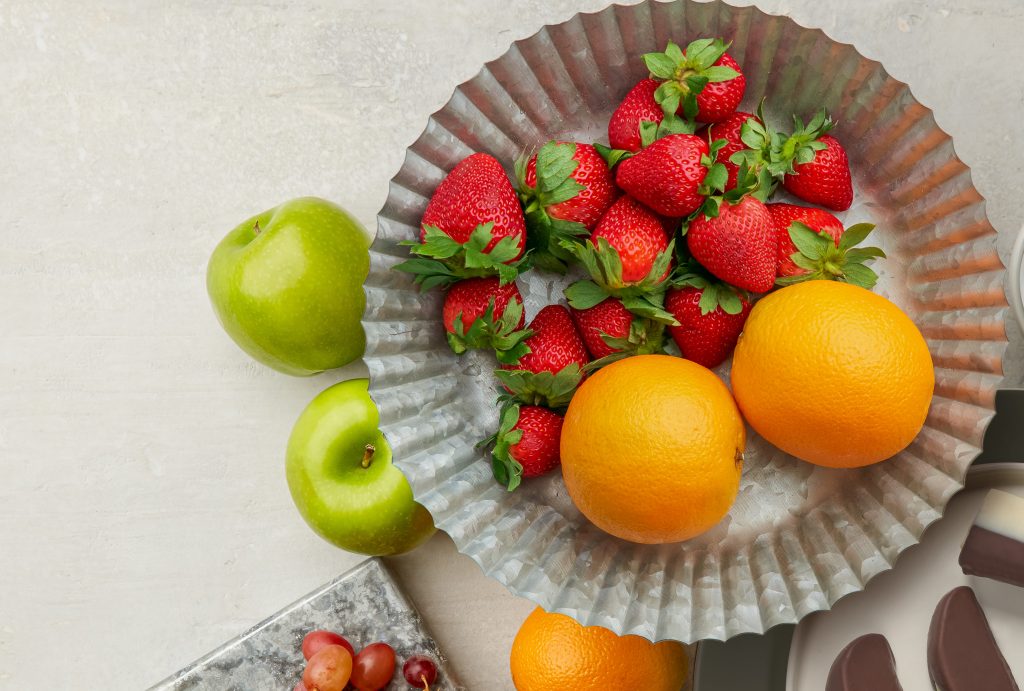Lots of people are talking about gluten, especially those with problems like celiac disease or who are sensitive to gluten. If you don’t eat gluten, you have to be careful about what you eat. But you might wonder about bananas. Can you eat them if you’re avoiding gluten? We’ll look at whether bananas have gluten and also talk about other good things about bananas.
Table of Contents
- Understanding Gluten
- What Are Celiac Disease and Gluten Sensitivity?
- Are Bananas Free of Gluten?
- What Does ‘Gluten-Free’ Mean?
- What’s in a Banana?
- Be Careful With Processed Bananas
- Why Bananas Are Good for You
- Full of Important Nutrients
- Packed With Fiber
- A Quick Boost of Energy
- Good for Gut Health
- Eating Gluten-Free
- Choosing Gluten-Free Food
- Cooking and Planning Gluten-Free Meals
- Eating Out and Traveling Without Gluten
- Ways to Enjoy Bananas If You’re Gluten-Free
- 1. Simple Fresh Bananas
- 2. Cooking with Bananas
- Wrapping It Up
- Common Questions
- Can individuals with celiac disease eat bananas?
- Do bananas trigger gluten reactions?
- Can I use bananas in gluten-free baking?
Understanding Gluten
Gluten is a protein you find in grains like wheat, barley, and rye. It makes dough stretchy. It’s in lots of foods, like bread, pasta, cereal, and cookies.
If eating gluten gives you belly problems or makes you feel sick, it’s really important to stay away from foods with gluten.
What Are Celiac Disease and Gluten Sensitivity?
Celiac disease is when your body fights itself after you eat gluten. This hurts your small intestine so you can’t absorb nutrients well, leaving you with belly pain, bloating, diarrhea, and feeling tired.
Some people have similar feelings when they eat gluten, but they don’t have celiac disease. This is called gluten sensitivity.
Are Bananas Free of Gluten?
Yes, by nature, bananas don’t have any gluten, which means they are safe for people who don’t eat gluten. They’re not just easy to eat on the go, but they’re also full of good stuff for your health.
What Does ‘Gluten-Free’ Mean?
When we say something is ‘gluten-free’, we mean it has less than 20 parts per million (ppm) of gluten. This is the safe standard all over the world for people who can’t eat gluten.
What’s in a Banana?
Bananas are mostly made of water and also have carbs and sugars. They’re really good for you because of the vitamins and minerals they have, like vitamin C, vitamin B6, potassium, and fiber.
Be Careful With Processed Bananas
Even though bananas by themselves don’t have gluten, you have to be careful about how they are handled or processed. If they get mixed with foods that have gluten, they can end up not being gluten-free anymore.
Most of the time, we eat bananas fresh and peel them, so there’s not much chance for gluten to get in there. But if banana products are made where they also make gluten foods, there could be a risk.
To make sure your bananas don’t have gluten, it’s best to buy fresh ones or check the labels on banana products to see if they’re safe.
Why Bananas Are Good for You
Bananas aren’t just gluten-free, they have a lot of health benefits, too. Here are some reasons bananas are a great choice for your diet.
Full of Important Nutrients
Bananas come with a bunch of nutrients that your body needs. They have vitamin C which keeps your immune system working right, and vitamin B6, which is important for your brain. They’ve got minerals like potassium and magnesium that help your body work properly.
Packed With Fiber
Eating bananas can help your digestion because they have lots of fiber. Fiber helps move everything through your stomach and intestines, so you don’t get stuck with constipation. It also helps to control your blood sugar and can make you feel full, so you don’t eat too much.
A Quick Boost of Energy
Bananas have natural sugars and carbs that give you a quick lift of energy. That’s why athletes and people who work out like to snack on bananas before or after they exercise.
Good for Gut Health
Bananas have a kind of fiber called pectin which helps the good bacteria in your gut. When you have more of these good bacteria, your gut stays healthy. Eating bananas often can help you have a better digestive system.
Eating Gluten-Free
Living gluten-free isn’t just about not eating certain foods. It’s about changing your whole lifestyle. Here’s what you should think about:
Choosing Gluten-Free Food
If you’re gluten-free, you’ll mainly eat foods that don’t have gluten naturally, like fruits, veggies, meat, fish, dairy, beans, and certain grains like rice, quinoa, and corn. Always read the labels on packages carefully and look for gluten-free symbols so you don’t accidentally eat gluten.
Cooking and Planning Gluten-Free Meals
Making gluten-free food at home means you know exactly what’s in your food. Try using gluten-free flours and other ingredients to make your own tasty meals. Planning what you’re going to eat can help you make sure you always have gluten-free food ready.
Eating Out and Traveling Without Gluten
When you’re not at home, it can be a bit hard to find gluten-free food, but you can still enjoy eating out and traveling if you plan ahead. Tell restaurant staff about your diet so they can help you find safe food to eat. Many places now have gluten-free menus or dishes.
Ways to Enjoy Bananas If You’re Gluten-Free
Adding bananas to your gluten-free diet is easy and can be done in many ways. Here are some fun ideas on how you can enjoy them:
1. Simple Fresh Bananas
Just grab a banana and eat it! This makes a quick and yummy snack. Or you could cut it up and put it on top of gluten-free cereal, yogurt, or in a smoothie bowl. Bananas are sweet and soft, which makes them great to mix with lots of different foods.
2. Cooking with Bananas
There are lots of gluten-free recipes that use bananas. Mash them up to help hold together gluten-free cookies, banana bread, or pancakes. You could also make a banana smoothie, or freeze slices to create a tasty dairy-free banana ice cream alternative.
Wrapping It Up
Bananas are naturally free of gluten and are perfectly safe to add to your gluten-free eating plan.
They’re full of good stuff like vitamins and fiber, give you energy, and help keep your tummy happy. So go ahead and get creative with bananas in your gluten-free dishes and snacks!
